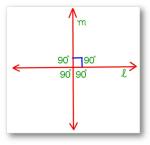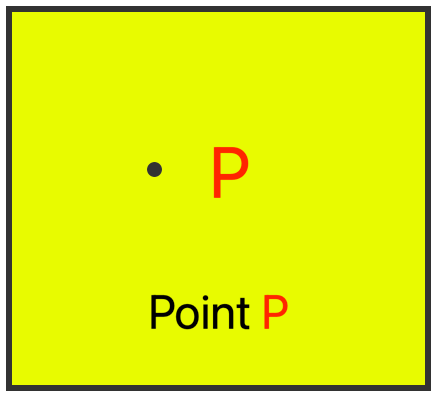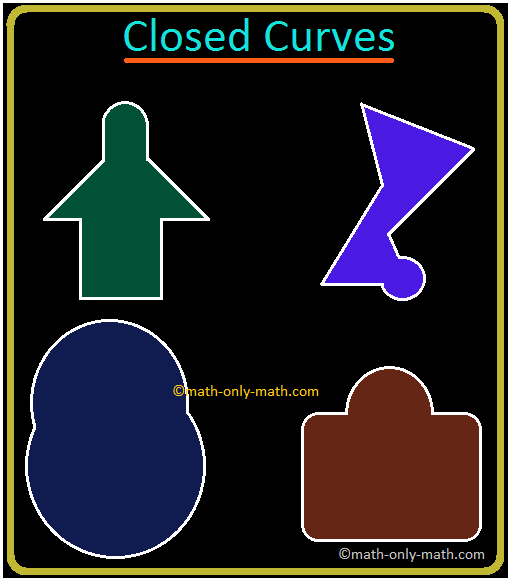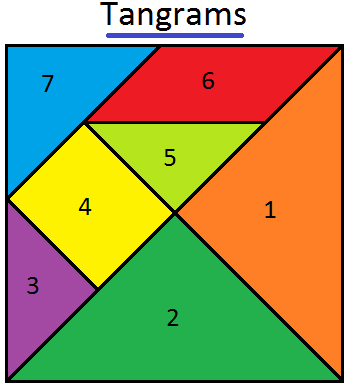Random Experiments
Random experiments are also known as observations. The word ‘Probability’ is used very often in our daily life; such as ‘probably he is an honest man’, ‘what is the probability of a double head in a throw of a pair of coin?’, ‘probably it will rain in the evening’ and so on.
These days, an attempt towards a theory of probability is extensively used in various fields of what we are interested in. The instant answer is obviously an event. At first we will discuss about the precise meaning of the term ‘event’ and how it is used in our mathematical theory. Now our next step will help us to get the idea of what are random experiments or observations.
Definition of random experiment:
An experiment for which we know the set of all different results but it is not possible to predict which one of the set will occur at any particular execution of the experiment is called a random experiment.
For example: tossing a fair coin, casting an unbiased die and drawing a card from a pack of 52 cards.
Let us take the experiment of tossing a coin. If we toss a coin then we get two possible outcomes either a ‘head’ (H) or a ‘tail’ (T), and it is impossible to predict whether the result of a toss will be a ‘head’ or ‘tail’.
Let us consider a similar experiment rolling a die from a box. It we a die then there are only six possible outcomes. The faces of the die are marked as 1, 2, 3, 4, 5 and 6 and these are the only possible outcomes. But here also the outcome of a particular throw is completely unpredictable.
Again similarly when we are concerned about the measurement of a chemical quantity with the required instrument the outcome of the experiment does not exactly give the true value of the quantity but a value close to it due to that are called experimental errors. If repeated observations are taken the measured values are not again the same to the previous one but it will fluctuate in an unpredictable manner. Here we can take, at least for the theoretical considerations that the possible outcomes comprise all the real numbers, but the number given by a single measurement can’t be exactly predicted. In our mathematical theory we will only consider the experiments or observations, for which we know a priori the set of all different possible outcomes, such that it is impossible to predict which particular outcome will occur at any particular performance of the experiment, are called random experiments. As such, if a random experiment is repeated under identical conditions the outcomes or results may vary or fluctuate at random.
Probability
Probability of Tossing Two Coins
Probability of Tossing Three Coins
Probability for Rolling Two Dice
Probability for Rolling Three Dice
From Random Experiments to HOME PAGE
Didn't find what you were looking for? Or want to know more information about Math Only Math. Use this Google Search to find what you need.
Recent Articles
-
Perpendicular Lines | What are Perpendicular Lines in Geometry?|Symbol
Apr 19, 24 02:46 AM
In perpendicular lines when two intersecting lines a and b are said to be perpendicular to each other if one of the angles formed by them is a right angle. In other words, Set Square Set Square If two… -
Fundamental Geometrical Concepts | Point | Line | Properties of Lines
Apr 19, 24 01:55 AM
The fundamental geometrical concepts depend on three basic concepts — point, line and plane. The terms cannot be precisely defined. However, the meanings of these terms are explained through examples. -
What is a Polygon? | Simple Closed Curve | Triangle | Quadrilateral
Apr 18, 24 02:15 AM
What is a polygon? A simple closed curve made of three or more line-segments is called a polygon. A polygon has at least three line-segments. -
Simple Closed Curves | Types of Closed Curves | Collection of Curves
Apr 18, 24 01:36 AM
In simple closed curves the shapes are closed by line-segments or by a curved line. Triangle, quadrilateral, circle, etc., are examples of closed curves. -
Tangrams Math | Traditional Chinese Geometrical Puzzle | Triangles
Apr 18, 24 12:31 AM
Tangram is a traditional Chinese geometrical puzzle with 7 pieces (1 parallelogram, 1 square and 5 triangles) that can be arranged to match any particular design. In the given figure, it consists of o…




